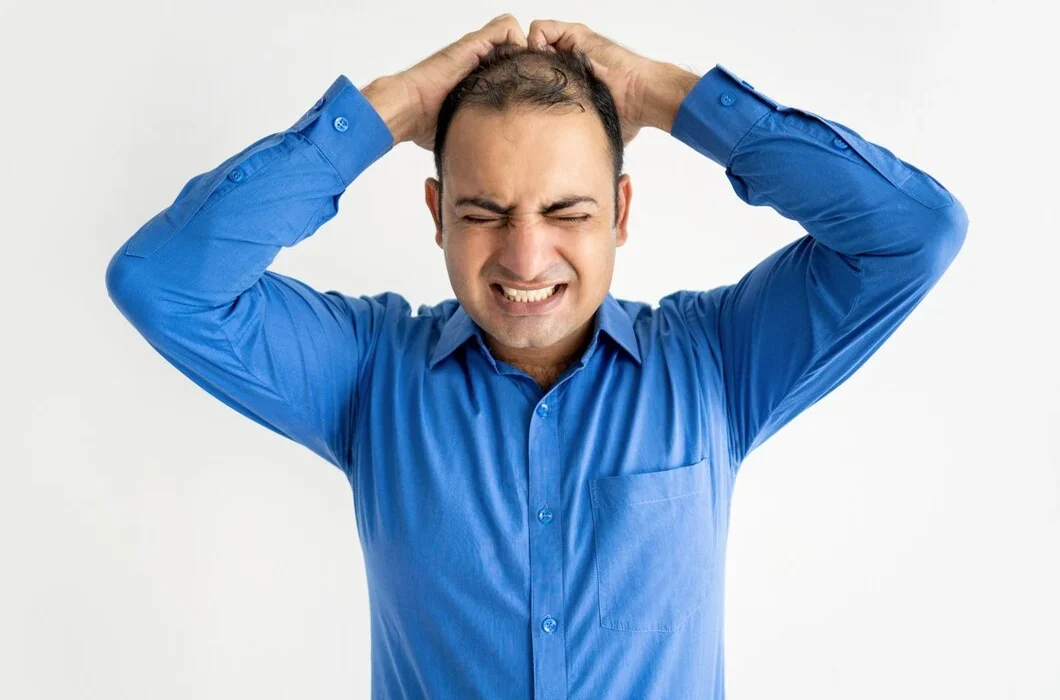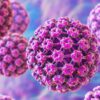Does Masturbation Cause Hairfall
Introduction ✨
People often connect things that feel related — and hairfall vs. masturbation is a persistent example. On forums and social media you’ll see loud claims: “stop masturbating and your hair will grow back.” That sounds simple, but reality isn’t. I’m Dr. M.S. Siddiqui — a practicing sexologist and general physician — and in this article I’ll explain the science clearly, tell you what actually causes hair loss, and show when you should seek medical help.
Why the myth exists 🧠
There are three common reasons the myth keeps returning:
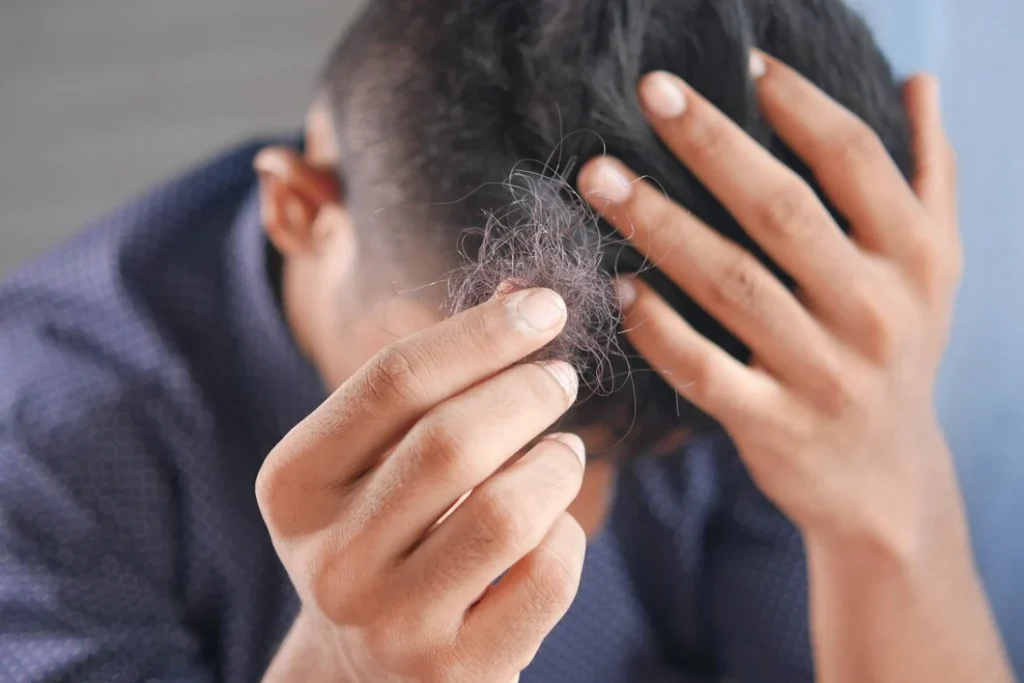
Old beliefs about semen being “nutrient-rich.” The tiny amount of protein lost with ejaculation is negligible compared to dietary intake.
Misunderstanding hormones: short-term hormone shifts after orgasm are normal, but they don’t translate to long-term testosterone increases that would trigger balding.
Social anxiety and stigma around sexual behavior — guilt and worry can make people look for easy causes.
These reasons feel logical to some, but research and clinical experience don’t support the link between normal masturbation and lasting hair loss.
What actually causes Hairfall 🧬
Most persistent hair loss is androgenetic alopecia (male or female pattern hair loss). This is genetic and linked to sensitivity of scalp hair follicles to DHT (dihydrotestosterone). Over months and years DHT shortens the hair growth cycle, causing gradual thinning.
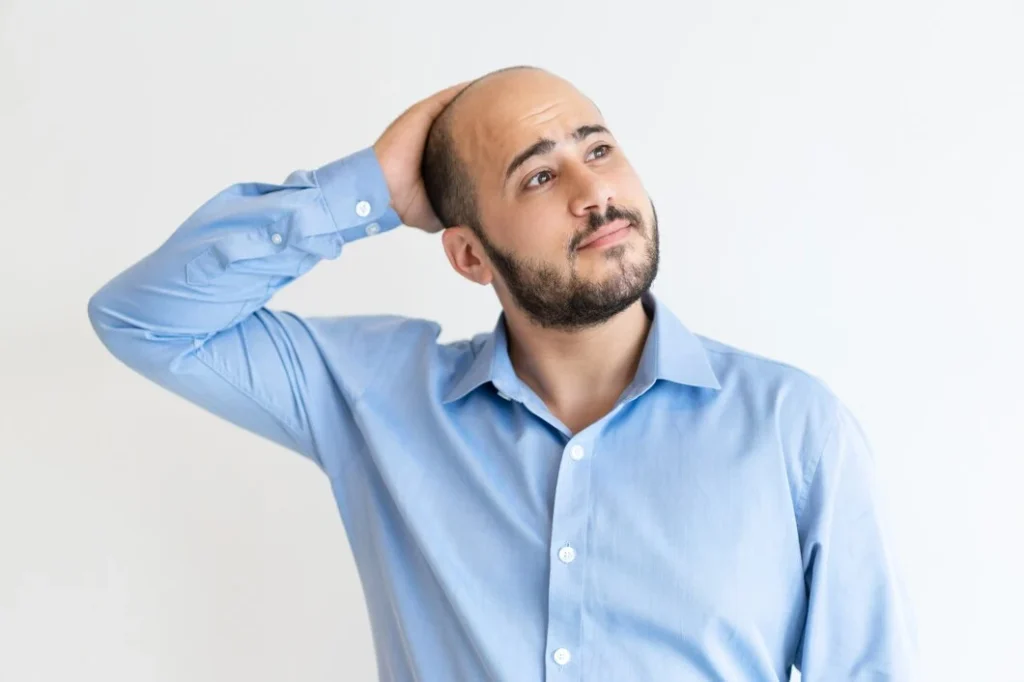
Other causes include:
Telogen effluvium — temporary shedding after severe stress, illness, surgery, or big dietary changes.
Nutritional deficiencies — iron deficiency, low vitamin D, zinc imbalance.
Thyroid disorders and other hormonal imbalances.
Medications and autoimmune causes (e.g., alopecia areata).
Notice none of these are caused by normal sexual activity.
Hormones & masturbation — the real picture 🔬
Yes, sexual activity causes short-lived hormonal changes. Studies that measure hormones around orgasm show minor, temporary blips in some steroid levels. But these changes are brief and do not create the sustained hormonal environment (like chronically high DHT) that causes pattern hair loss. If you or someone claims hair loss began overnight after masturbating, the timeline doesn’t fit typical pattern baldness. Always look for other causes.
When to visit a doctor 🩺
See a clinician if you experience:
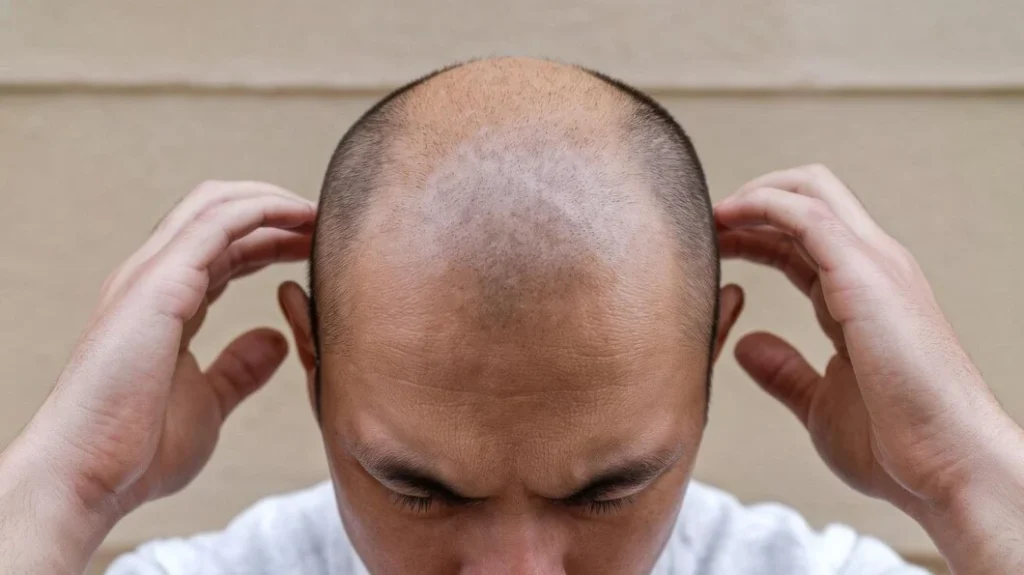
Rapid or sudden shedding (handfuls of hair while combing).
Patchy hair loss or bald spots.
Scalp symptoms: redness, scaling, pain, or itching.
Significant stress, sudden weight loss, recent major illness or medication change.
A thorough evaluation includes history, scalp exam, and targeted blood tests (CBC, thyroid, ferritin/iron, vitamin D, sometimes hormone levels).
Treatments that actually work ✅
Treatment depends on cause:
Minoxidil (topical) — useful for many patients.
Finasteride (oral) — for men with DHT-driven loss (prescription required).
Nutritional correction and thyroid or anemia treatment where relevant.
PRP, microneedling, low-level laser therapy, hair transplant — for selected cases.
Choose treatments with a qualified dermatologist or hair specialist — early intervention helps.
Practical takeaways — short & clear ✔️
Masturbation does not cause permanent hairfall.
Hair loss usually has genetic, medical, nutritional, or stress-related causes.
Worry and stress about hair can indirectly cause shedding (telogen effluvium).
If you’re worried, get a medical check rather than trying unproven fixes.
Final note — What I recommend personally 🔍
If hair loss worries you, book a clinical checkup. Don’t chase unproven “quick fixes” based on myths. A short medical evaluation often identifies treatable causes and gives a clear plan — medical, nutritional, or procedural — to halt or reverse loss where possible.
Full Clinic Details & Team 🏥
Visit Nisha Health Care Clinic
Barabanki Main Branch — Fee: ₹300 (4 days validity)
📍 Sam Tower, 2nd Floor, Purana Bypass Banda, Bahraich Marg, Near Panzia Hospital, Palhari, Barabanki, Uttar Pradesh 225001
⏰ Timings: Afternoon (2:00 PM – 6:00 PM)
Barabanki Sub Branch — Fee: ₹300 (4 days validity)
📍 W5JQ+R7F, Station Rd, Near Ultra Pathology, Ghosiyana, Preet Vihar Colony, Civil Lines, Barabanki, Uttar Pradesh 225001
⏰ Timings: Morning (10:00 AM – 1:00 PM) | Evening (6:00 PM – 8:00 PM) (Sunday Closed)
Lucknow Branch — Fee: ₹300 (4 days validity)
📍 Shop 1, Nisha Health Care Clinic, Amethi Complex, Janana Park, Aminabad, Lucknow, Uttar Pradesh 226018
⏰ Timings: Thursday: 3:00 PM – 7:00 PM
👨⚕️ Clinic Specialists:
 Dr. M.S. Siddiqui
Dr. M.S. Siddiqui
Certified Sexologist & General Physician
Experienced in treating HPV, genital issues, and sexual health concerns in both men and women.
 Dr. Ruby Siddiqui
Dr. Ruby Siddiqui
Gynaecologist & Women’s Health Specialist
Specialist in HPV-related cervical changes, Pap tests, and women’s reproductive health.
 Dr. Raj Brahmbhatt
Dr. Raj Brahmbhatt
Sexologist & Marriage Counselor
Specializes in couple therapy, relationship issues, and psychological impacts of HPV or other sexual problems.
 Dr. N.A. Siddiqui
Dr. N.A. Siddiqui
Senior Consultant – Medical Oncology
Expert in cancer diagnosis and treatment — especially for cervical, anal, and throat cancers linked with high-risk HPV infections.
 Dr. Haseeb Khan
Dr. Haseeb Khan
Neuropsychiatrist & De-addiction Expert
Helping patients with stress, anxiety, and relationship trauma linked to STIs.
🌐 Website: https://drmssiddiqui.com
📞 Call: +91-9219324982, +91-7394807096
 Stay Updated with Us
Stay Updated with Us
YouTube: @DrMSSiddiqui
Instagram: @dr.ms_siddiqui
Facebook: Dr. M.S. Siddiqui
Frequently Asked Questions ❓
Q1: Can frequent masturbation cause temporary hair thinning?
No. There is no reliable evidence that masturbation causes even temporary hair thinning. Short-term hormone changes after orgasm are normal but insufficient to trigger shedding.
Q2: If I stop masturbating, will my hair come back?
Stopping will not reverse genetic hair loss. If hairfall was caused by stress or a temporary medical issue, treating the underlying cause can lead to recovery — not stopping sexual activity.
Q3: Could anxiety about masturbation cause hairfall?
Yes — chronic anxiety and stress can trigger telogen effluvium, a temporary shedding pattern. Addressing mental health and stress management helps hair recovery.
Q4: What medical tests are done for hairfall?
Common tests include CBC (for anemia), thyroid profile, ferritin (iron stores), vitamin D, and occasionally hormone tests. A scalp exam or dermoscopy may be done.
Q5: When should I see a specialist?
See a dermatologist or hair specialist if hair loss is sudden, patchy, or causing distress. Early consultation widens treatment options.
Q6: Where can I get help that understands both sexual health and hair concerns?
Nisha Health Care Clinic provides integrated care for sexual-health questions and referrals for hair loss evaluation. Contact us for consultation.

